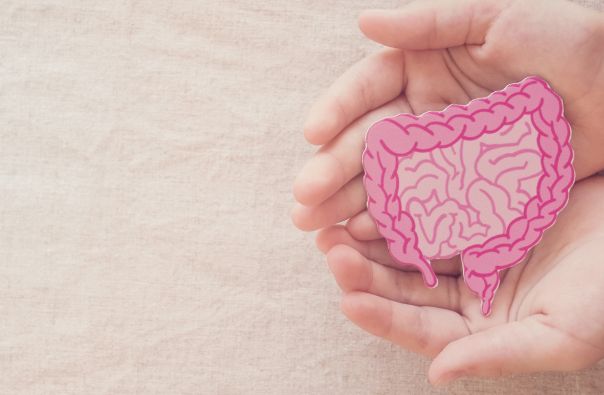In the world of health, the gut has long been crucial for digestion. But groundbreaking science reveals its profound link to our brain, forming the intricate gut-brain connection. Let’s explore this together, where physical and mental health converge in fascinating ways.
The Gut: Our Second Brain?
Inside our digestive system, there’s a neural network often called “the second brain.” It’s known as the enteric nervous system, and it contains millions of neurons. Surprisingly, this system not only manages digestion but also constantly communicates with our central nervous system, including the brain and spinal cord. This communication happens through neurotransmitters, hormones, and immune system molecules, allowing seamless information exchange.
How Gut Health Affects Mental Health
The gut-brain connection has significant implications for mental health. Research in neurogastroenterology has shown a deep link between the gut and mental well-being. Mood, stress responses, and conditions like anxiety and depression are closely tied to our gut’s state. Serotonin, a neurotransmitter crucial for regulating mood, is mainly produced in the gut. Imbalances in gut microbes have been linked to disruptions in serotonin levels, potentially contributing to mood disorders.
Apart from neurotransmitters, the gut microbiota, a diverse community of trillions of microbes in our intestines, also plays a vital role. These microorganisms, collectively known as the microbiome, influence brain function and behavior by producing neuroactive compounds. Disturbances in the gut microbiota can affect brain function, potentially leading to neurological disorders.
The Gut-Brain Axis: A Two-Way Street
Communication between the gut and the brain happens through a bidirectional pathway called the gut-brain axis. Stress can lead to gastrointestinal symptoms, emphasizing the brain’s impact on gut health. Conversely, gut disturbances like inflammation can signal the brain, affecting mood, cognition, and behavior.
Cultivating a Healthy Gut-Brain Relationship
Understanding this connection opens the door to improving our physical and mental well-being. A gut-friendly lifestyle can significantly influence this relationship:
Balanced Diet: Eating a variety of whole foods, rich in fiber, prebiotics, and probiotics, supports a healthy gut microbiota. Fresh fruits, vegetables, whole grains, and fermented foods are especially helpful.
Stress Management: Practices like meditation, yoga, mindfulness, and deep breathing reduce stress, benefiting both the gut and the brain.
Adequate Sleep: Quality sleep enhances the gut microbiota, supporting optimal brain function and mental health.
Regular Exercise: Physical activity promotes a healthy gut microbiome, positively impacting brain health and cognitive function.
Avoiding Harmful Substances: Limiting processed foods, excess sugar, and unnecessary antibiotics helps maintain the gut microbiota balance, fostering a healthy gut-brain relationship.
The Future of Gut-Brain Research: Potential Therapies
Understanding the gut-brain connection opens the door to transformative therapies. Scientists are exploring treatments like targeted probiotics, personalized diets, and fecal microbiota transplantation to modulate the gut microbiota and alleviate neurological and mental health symptoms. These efforts offer hope for conditions like autism, depression, or irritable bowel syndrome, promising relief to those affected.
Conclusion:
In conclusion, the gut-brain connection reveals the holistic nature of human health. Our bodies aren’t isolated systems but a harmonious orchestra, where every part plays a crucial role. Delving into the secrets of this intricate connection paves the way for a future where mental and physical well-being are nurtured together, bringing hope and healing to countless lives.










